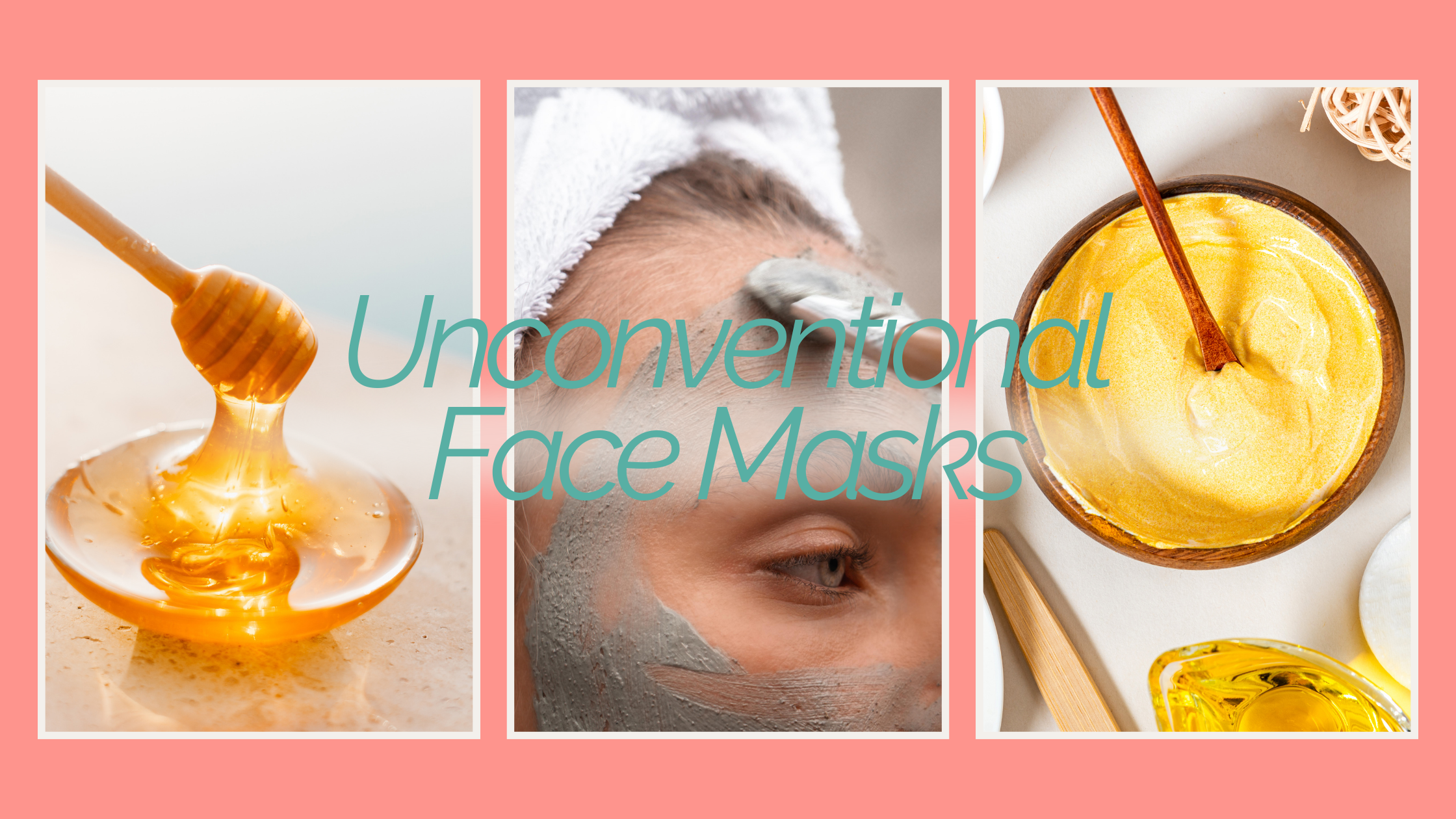
Why Switch to Natural Deodorant? Healthier Skin, Safer Ingredients & Lasting Freshness
Why Choose Natural Deodorant? Unveiling Health Benefits & Truths
Have you ever stopped to think about what’s actually in your deodorant — or what it might be doing to your body over time? If not, you’re not alone. But as conversations around health and wellness grow louder, more and more people are switching to natural deodorants. Here's why it might be time for you to make the change too.
What’s Really in Conventional Deodorant?
Mainstream deodorants and antiperspirants are loaded with chemicals — including aluminium-based compounds that block sweat glands. While they stop perspiration, they may also interfere with your body’s natural detox process. The Times (17 Feb 2018) even reported on growing concerns around the hygiene products we rely on daily. As Matthew Parris put it: if it’s strong enough to stop sweat, what else is it doing?
Hidden Dangers: Chemicals in Your Deodorant
Most users remain unaware of the potentially harmful chemicals present in many deodorants, especially compounds like Aluminium. Often, we apply these products without a second thought about their composition or potential health risks.
My Journey: Why I Made the Switch
After three rounds of breast cancer, I took a hard look at the products I was applying to my skin — especially near sensitive areas like my underarms. I now only use natural deodorant, and trust me, even on my most stressful days, it works.

Why Natural Deodorants Are Different
Natural deodorants don’t block sweat. Instead, they neutralise odour while letting your body do what it was designed to do — sweat! And that’s a good thing. Sweating plays a key role in regulating temperature, releasing toxins, and supporting immune function.
Natural deodorants typically avoid:
-
Aluminium compounds
-
Parabens
-
Propylene glycol
-
Synthetic fragrances
-
Triclosan
Instead, they use gentle, effective ingredients like magnesium, arrowroot powder, and essential oils to fight odour-causing bacteria without disrupting your skin’s microbiome.
.
The Power of Sweating: More Than Just Cooling Off
Your skin is one of your body’s largest detox organs — sometimes referred to as your "third kidney." Sweating helps:
-
Regulate temperature
-
Expel toxins such as heavy metals, salts, and excess minerals
-
Improve skin clarity by unclogging pores
-
Strengthen immunity through antimicrobial proteins like dermcidin
So why would we want to stop that?
Aluminium: What’s the Real Risk?
Aluminium salts, used in antiperspirants, form temporary plugs in your sweat ducts. But the effects might go far deeper:
-
Breast cancer concerns: The proximity of application and absorption into breast tissue is raising red flags in ongoing studies.
-
Neurological issues: Aluminium has been found in higher concentrations in the brains of Alzheimer’s patients.
-
Bone and kidney health: It may interfere with calcium metabolism and place strain on kidney function.
While research is still emerging, why take the risk?

Reclaim Your Wellness Naturally
Switching to a natural deodorant isn’t just a feel-good move — it’s a step towards empowering your body to function as nature intended. You can still stay fresh without clogging your pores or risking long-term health issues.
Here’s what to look for in a natural deodorant:
-
Magnesium or zinc to neutralise odour
-
Arrowroot or tapioca to absorb moisture
-
Shea butter or coconut oil for skin nourishment
-
Essential oils for natural scent and antibacterial benefits
At Puremess, our natural deodorants are crafted without aluminium, bicarb (for sensitive skin!), or synthetic additives. They’re effective, gentle, and kind to your body and the planet.
🌿 Make the Switch Today
Your skin — and your body — deserve better. Explore our natural deodorants and take the first step toward healthier underarms and holistic wellbeing.
Love Gemma


